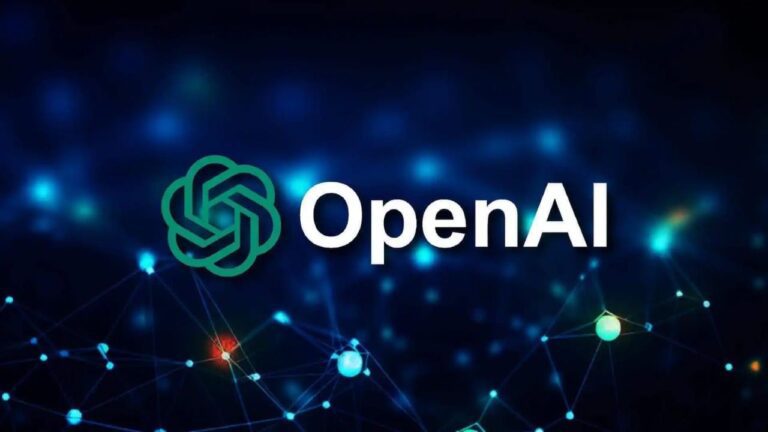
On Thursday, the Reserve Bank of India (RBI) released the final framework for recognising self-regulatory organisations for the fintech sector (SRO-FT). This comes nearly five months after the banking regulator released draft norms for such entities. The framework underscores the pivotal role SRO-FTs will play in ensuring compliance with statutory and regulatory frameworks.
Role and Responsibilities of SRO-FTs
The RBI highlighted that SRO-FTs will be crucial in relaying sector-specific insights, addressing regulatory concerns, and collaborating on the overall development of the fintech sector. These organisations are expected to act as a bridge between industry players and the regulator, setting standards for the conduct of entities within the country.
Structure and Requirements
According to the framework, an SRO-FT must be established as a not-for-profit company registered under Section 8 of the Companies Act, 2013. The shareholding of an SRO-FT should be diversified, with no single entity holding 10 percent or more of its paid-up share capital. Additionally, applicants must have a minimum net worth of Rs 2 crore within a year of recognition.
Eligibility and Application Process
The central bank will soon begin the process of recognising SROs in the fintech sector. Entities that meet the eligibility conditions and requirements of the SRO-FT framework may submit their applications to the regulator. Leading bodies like the Digital Lenders Association of India (DLAI) and the Fintech Association for Consumer Empowerment (FACE) are among the contenders for recognition as SRO-FTs.
Representative Structure
The RBI has stipulated that SROs should be built on a ‘representative’ structure, leveraging the collective expertise and experience of their members. This approach aims to develop standards that are pragmatic, adaptive, and widely accepted within the fintech community. The SRO should represent the fintech sector comprehensively, including members from entities of all sizes, stages, and activities.
Grievance Redressal
SRO-FTs will be required to establish a dispute resolution framework for their members, serving as a representative voice during engagements with the banking regulator. The RBI expects these organisations to function beyond the self-interest of specific members, addressing broader concerns of the fintech sector.
Regulatory Compliance and Updates
SRO-FTs must update the RBI on fintech developments and notify it of any member violations related to regulations or systemic issues. They are also tasked with collecting and sharing updated sectoral information with the RBI to assist in policy making.
The finalisation of the SRO-FT framework marks a significant step towards structured self-regulation in the fintech sector. By fostering compliance, addressing sector-specific concerns, and facilitating collaborative development, SRO-FTs are poised to play a key role in the evolving landscape of India’s fintech industry.






